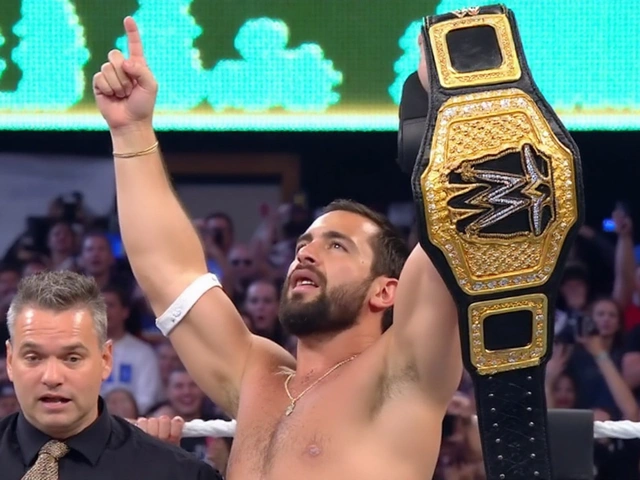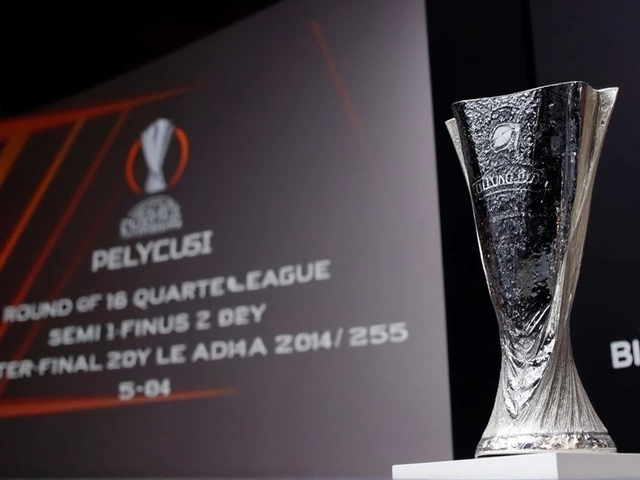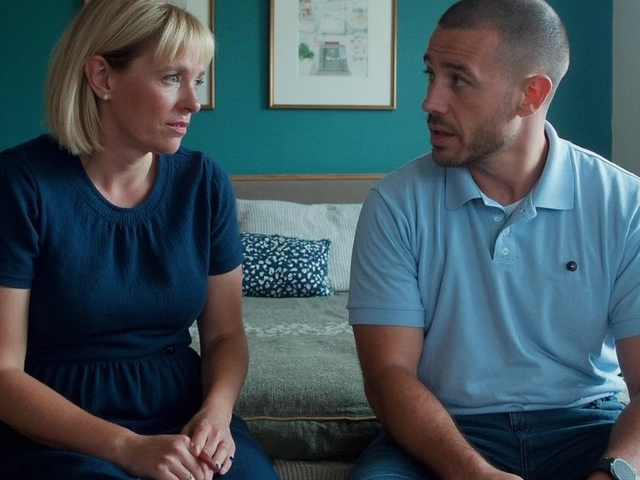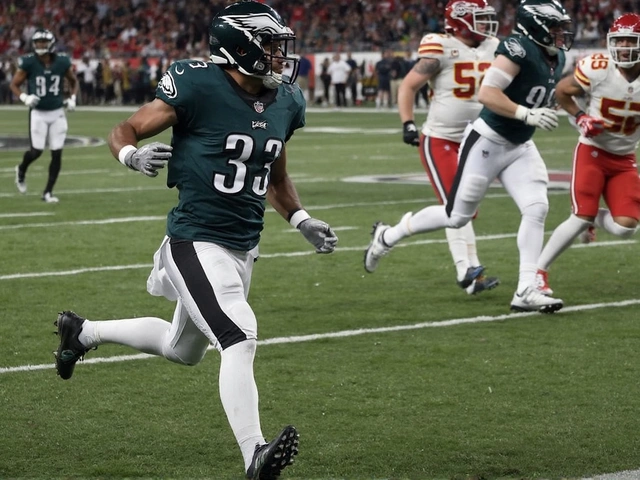Fan Refunds: Quick Tips to Get Your Money Back After a Canceled Game
If your team’s match got called off, you’re probably wondering how to recover the ticket price. It can feel messy, but the process is actually straightforward once you know where to look. Below are the key steps you should follow, plus a few insider tricks to speed things up.
Check the Official Announcement First
Start by reading the club’s or league’s official statement. Most organizations post a clear refund policy on their website, social media, or the ticketing platform used for the sale. Look for phrases like "automatic refund" or "refund request deadline." If the venue says refunds are automatic, you’ll usually see the money hit your account within 7‑10 business days.
Gather Your Proof
Even if the refund is supposed to be automatic, keep a copy of your purchase receipt, the confirmation email, and the event cancellation notice. Having these files ready makes it easier to prove you bought a ticket and that the event was indeed canceled. Store them in a folder on your phone or computer so you can attach them to any online form later.
When the refund isn’t automatic, you’ll need to fill out a request form. Most ticketing sites—Ticketmaster, StubHub, SeatGeek—have a dedicated "Refunds" section. Fill in the required fields, upload your receipt, and double‑check that you’ve entered the correct payment details. A typo in your bank account number can delay the payout for weeks.
Don’t forget to check the timing. Some policies require you to submit a claim within 30 days of the cancellation. Mark the deadline on your calendar, set a reminder, and act fast. Missing the window often means you’ll have to negotiate directly with the venue, which can be a longer road.
If your ticket was purchased through a resale marketplace, the refund process might be different. In many cases, the original seller is responsible for the refund, not the platform. Reach out to the seller first, and if they don’t respond, use the platform’s dispute resolution tool. This usually involves providing the same proof of purchase and cancellation.
Credit card purchases have an extra safety net. If you can’t get a refund from the seller, contact your card issuer and request a chargeback. Explain that the service (the game) was never delivered. Most banks will investigate within a few days and, if the claim is valid, credit the amount back to your account.
While you’re waiting, keep an eye on your email and spam folder. Refund confirmations often land in the wrong inbox. If you receive a confirmation but don’t see the money after the promised timeline, reply to the email asking for an update. A polite follow‑up usually gets the ball rolling.
For fans who bought season tickets, the process can involve more steps. Clubs might offer a credit toward next season, a partial cash refund, or a combination of both. Review the season‑ticket agreement; it often outlines the specific terms for cancellations, force‑majeure events, and pandemic‑related disruptions.
Finally, protect yourself for future events. Consider buying travel insurance that covers ticket refunds, especially for high‑price games or international matches. Look for policies that explicitly mention "event cancellation" and verify the coverage limits before you purchase.
Getting a fan refund doesn’t have to be a headache. By checking the official announcement, gathering proof, meeting deadlines, and using the right channels, you’ll be back in the bank faster than you think. Keep these tips handy, and the next time a game is called off, you’ll know exactly what to do.
Kieran Lockhart, Jun, 4 2025
Will Young Walks Off Dundee Stage After Heckling, Fans Demand Refunds Amid Uproar
Will Young left his Dundee concert early in October 2024, after disruptive heckling from the audience. The singer’s exit midway through his set sparked a debate about respect at live shows and a flurry of refund demands from disappointed fans.
View More




